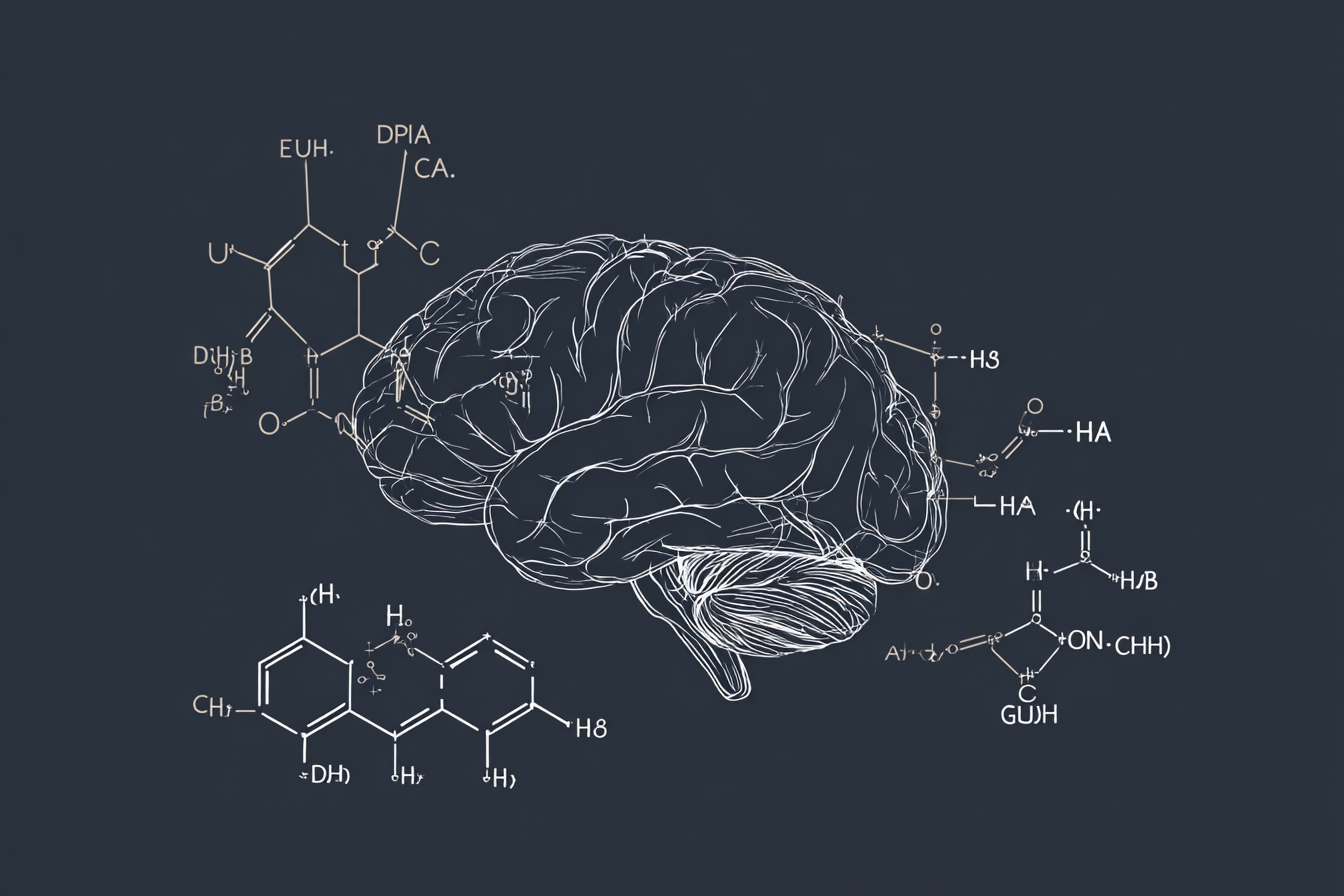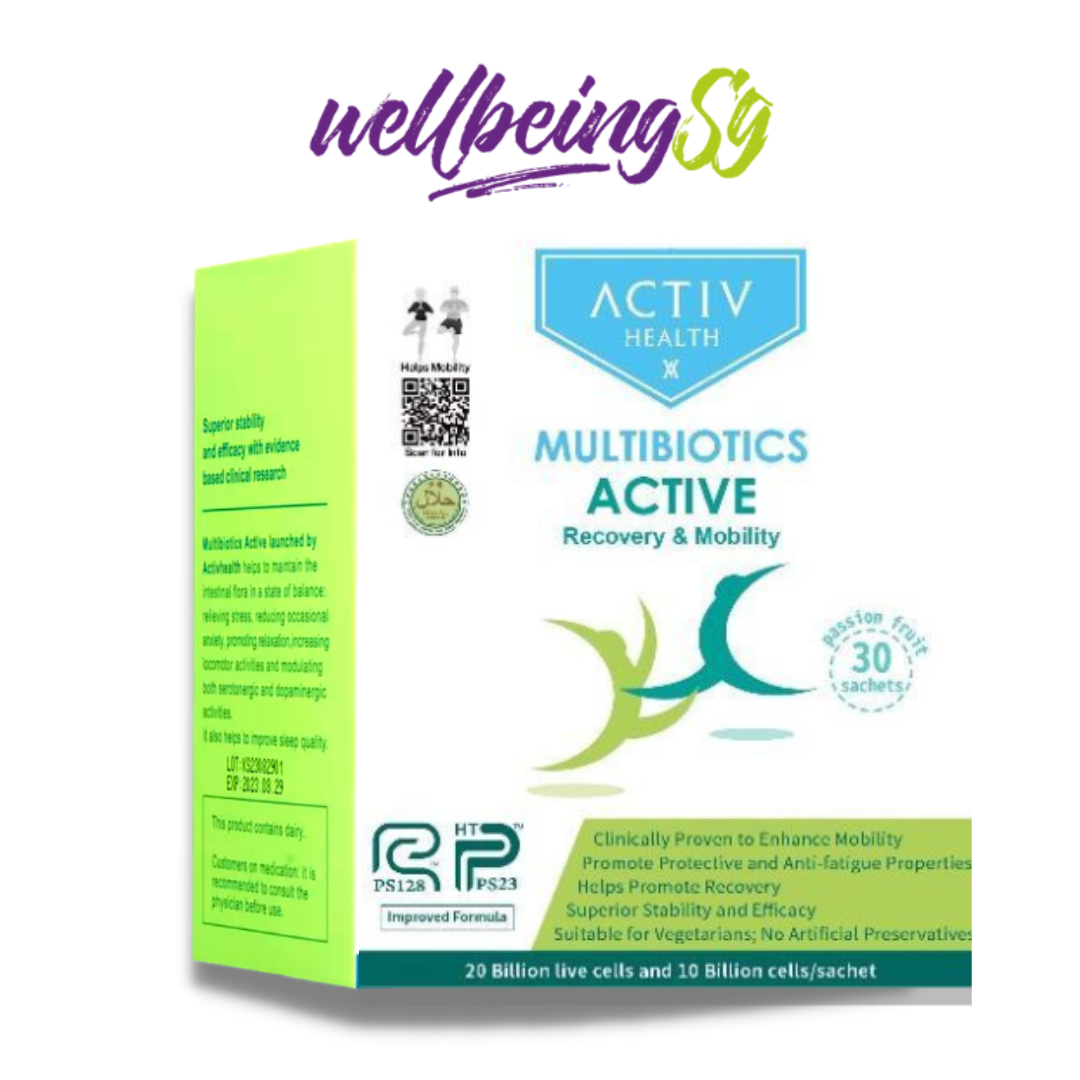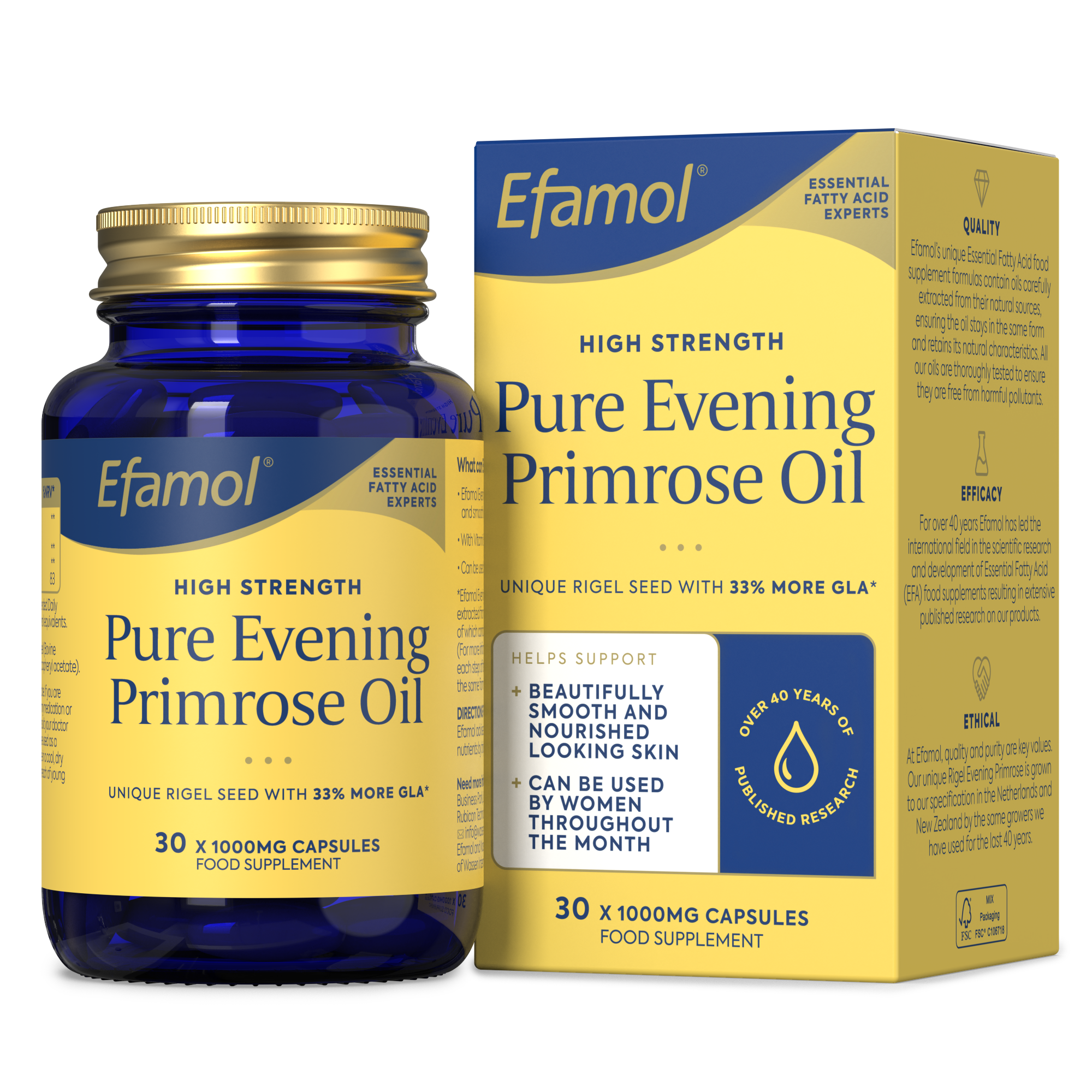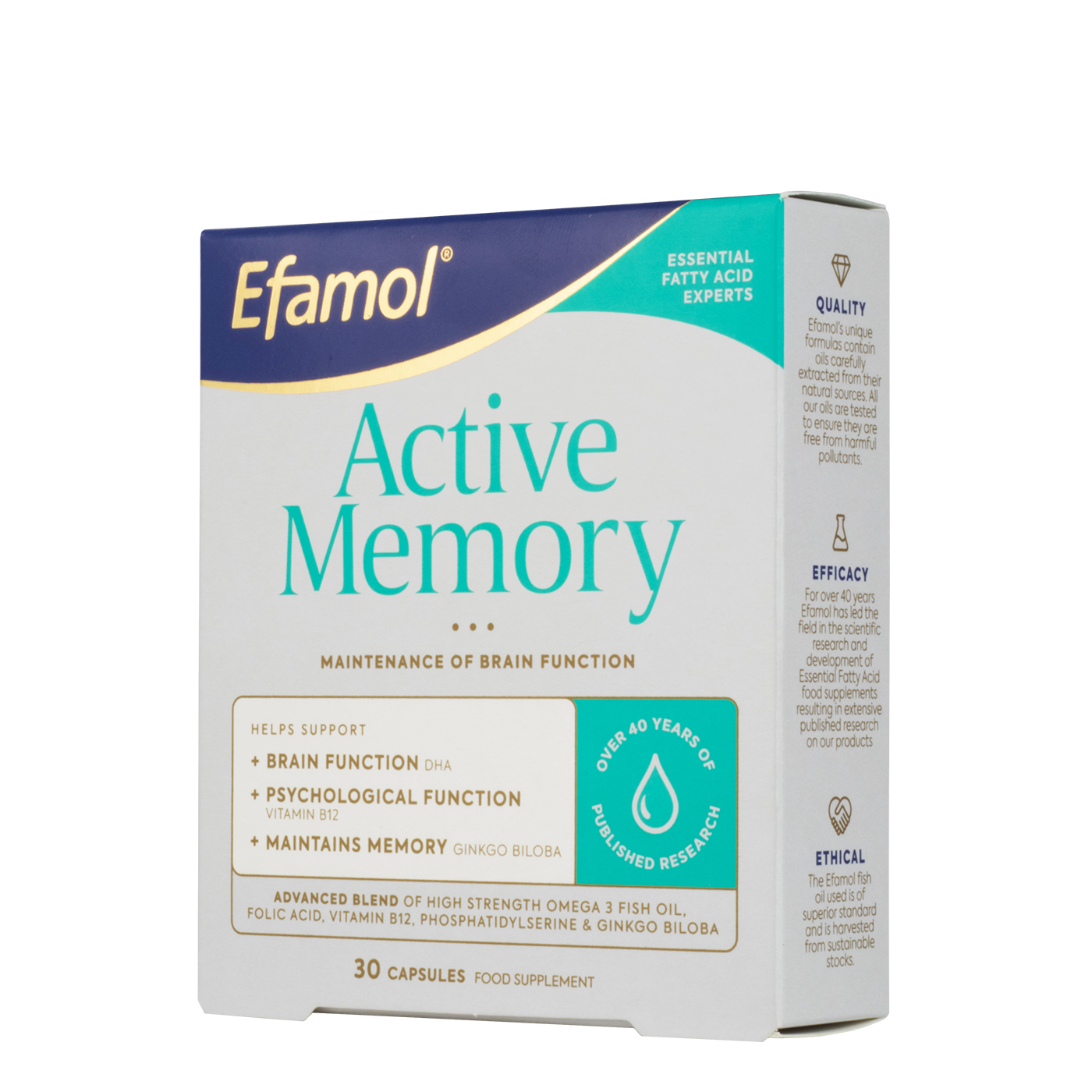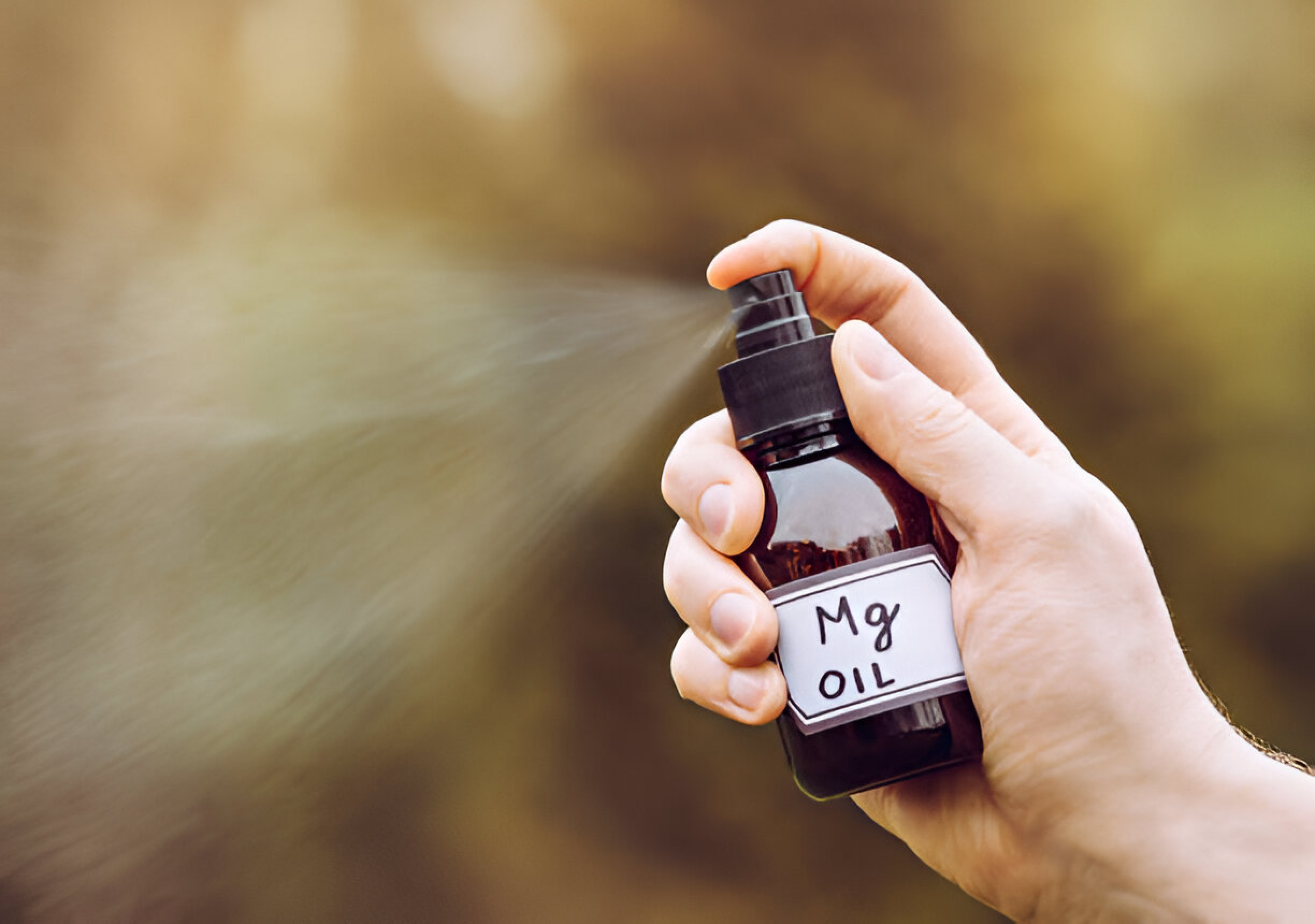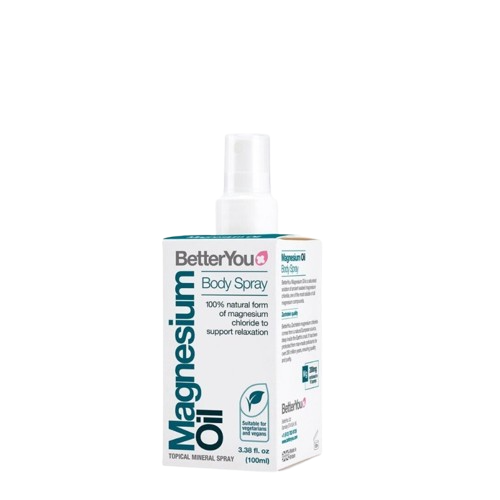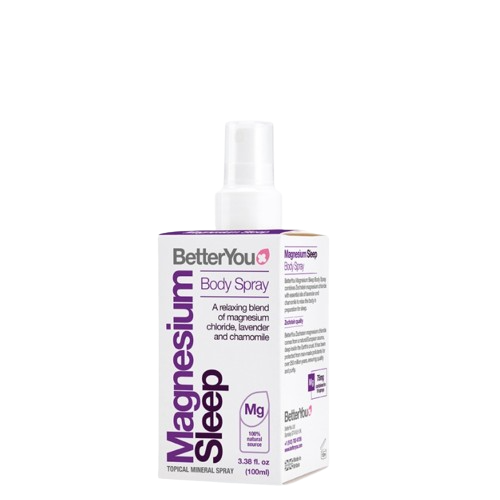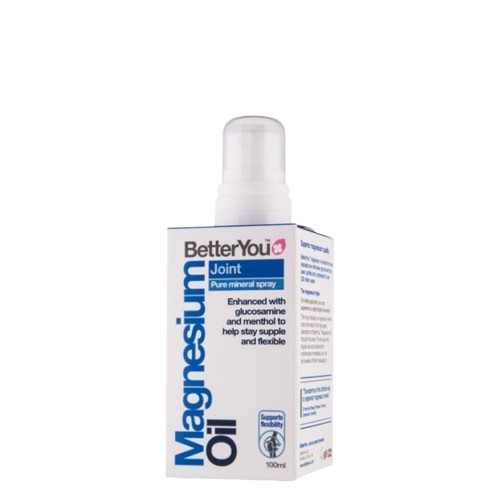Why Buying from Authorised Channels Matters: A Message from Wassen International

In recent months, we have received questions from customers and healthcare professionals regarding unusually low-priced Wassen products appearing online and through unofficial channels. To address these concerns transparently, Wassen International has issued an official statement clarifying its position and reaffirming its support for its appointed distributor, ActivHealth / WellbeingSG.
Unofficial Sellers Are Not Approved
Wassen International has confirmed that these heavily discounted products are not arranged, approved, or endorsed by either Wassen International or ActivHealth. Such listings undermine the investment and role of the official distributor, create confusion around pricing and availability, and raise legitimate concerns about supply chain integrity—especially among healthcare professionals.
What Wassen International Is Doing
Wassen International has clearly stated that it does not condone or support these activities. It actively communicates with its UK exporters and partners to ensure they do not knowingly supply products that will be diverted into markets where an appointed distributor already exists. When credible information about unauthorised reselling is received, Wassen investigates and takes appropriate action within legal and commercial limits, including issuing formal warnings or revisiting supply terms.
Legal and Practical Limitations
Despite these efforts, Wassen International also acknowledges the practical and legal limitations involved. Once products pass through multiple independent intermediaries—such as wholesalers, consolidators, or online marketplace sellers—it becomes difficult to trace or control individual shipments. This makes it challenging to guarantee how those products have been stored, transported, or handled.
Why Purchasing from Us Matters
Buying Wassen products through WellbeingSG, ensures:
- Products come from a known, quality-assured supply chain
- Storage and handling meet strict requirements
- Access to accurate product information, medical support, and after-sales service
While some products sold via unofficial channels may still be genuine, Wassen International clearly states that it cannot guarantee the same level of quality assurance or support for items purchased outside authorised channels.
Our Commitment to You
At WellbeingSG and ActivHealth, our priority is to provide safe, authentic, and clinically supported products you can trust. We work closely with our brand partners to ensure transparency, integrity, and continuity of supply—so you can make informed decisions with confidence.
If you encounter suspicious listings or have questions about product authenticity, we encourage you to reach out to ActivHealth directly. Together with Wassen International, we remain committed to supporting healthcare professionals and consumers with high-quality products delivered through trusted, authorised channels.



